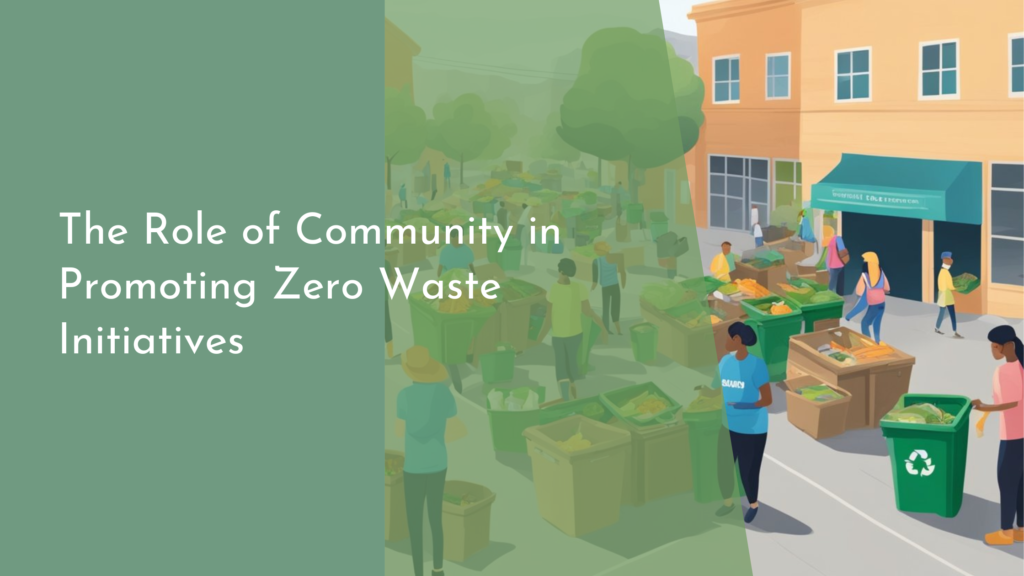Rainwater Harvesting Solutions for Recreational Water Parks
In an era where sustainability is paramount, recreational water parks are exploring innovative solutions to conserve water while enhancing their fun-filled environments. Rainwater harvesting offers a practical and eco-friendly approach to managing water resources, particularly in regions that experience seasonal rainfall. By implementing rainwater harvesting systems, water parks can not only reduce their operational costs but also promote a message of environmental stewardship to their visitors. Dive into the world of rainwater harvesting and discover how it can transform water parks into green oases of entertainment!
Discover the Joy of Rainwater Harvesting in Water Parks!
Rainwater harvesting is a delightful and effective strategy that enables water parks to capture and utilize the natural precipitation that falls on their premises. With the right systems in place, water parks can collect rainwater from roofs, pavements, and other surfaces, channeling it into storage tanks for future use. This process not only helps in reducing dependency on municipal water sources but also minimizes the ecological footprint of these vibrant recreational spaces.
Moreover, the joy of rainwater harvesting extends beyond water conservation. It serves as an educational tool for visitors, especially families and children, to learn about the importance of responsible water use and environmental conservation. Engaging signage and interactive displays can showcase how rainwater harvesting works, turning a fun day at the water park into an unforgettable learning experience.
Innovative Techniques for Capturing Rainwater Efficiently
Implementing rainwater harvesting in water parks involves several innovative techniques designed to maximize efficiency. One popular method includes the installation of permeable pavements that allow rainwater to seep through and be collected below the surface. This technique not only helps in capturing rainwater but also reduces surface runoff, which can cause erosion and water pollution.
Additionally, modern water parks are leveraging advanced technologies such as smart sensors and automated collection systems. These systems can monitor rainfall and manage storage levels, ensuring that water parks optimize their rainwater harvesting capabilities. By integrating these innovations, water parks can effectively collect large volumes of rainwater, making the most out of rainy days while minimizing wastage.
Enhancing Sustainability in Recreational Water Facilities
Implementing rainwater harvesting systems not only enhances water conservation but also promotes the overall sustainability of recreational water facilities. By utilizing harvested rainwater for non-potable uses, such as irrigation for landscaping, cleaning facilities, and even water features, water parks can significantly reduce their operational costs. This sustainable practice leads to lower water bills and less strain on local water supply systems, creating a win-win situation for both park operators and their communities.
Furthermore, adopting rainwater harvesting aligns with global sustainability goals. As water parks contribute to the local economy, they also play a crucial role in setting an example for other businesses in the area. By showcasing their commitment to sustainability, water parks can inspire other recreational facilities, hotels, and community organizations to explore similar eco-friendly practices, thereby fostering a culture of environmental responsibility.
Thriving Water Parks: The Benefits of Rainwater Use
The benefits of using harvested rainwater in water parks extend well beyond cost savings. One of the significant advantages is the enhanced visitor experience. With well-maintained green spaces, lush landscapes, and vibrant water features fed by rainwater, parks can create visually appealing environments that attract more visitors. The natural beauty, combined with sustainable practices, adds a unique charm to the water park, creating memorable experiences for families and friends.
Additionally, embracing rainwater harvesting can lead to positive public relations. As visitors increasingly seek out eco-conscious destinations, water parks that prioritize sustainability can differentiate themselves in a competitive market. By promoting their rainwater harvesting initiatives, these parks can attract environmentally aware customers, boost their reputation, and even garner support from local governments and organizations aiming to promote sustainable tourism.
In conclusion, the integration of rainwater harvesting solutions in recreational water parks offers a multitude of benefits that go hand in hand with fun and adventure. From innovative collection techniques to enhancing sustainability and creating thriving environments, the joy of rainwater harvesting is a win for both water parks and the planet. As these facilities continue to embrace eco-friendly practices, they pave the way for future generations to enjoy the thrills of water play in harmony with nature. So, the next time you splash around at a water park, remember: you’re not just having fun; you’re also contributing to a sustainable future!

